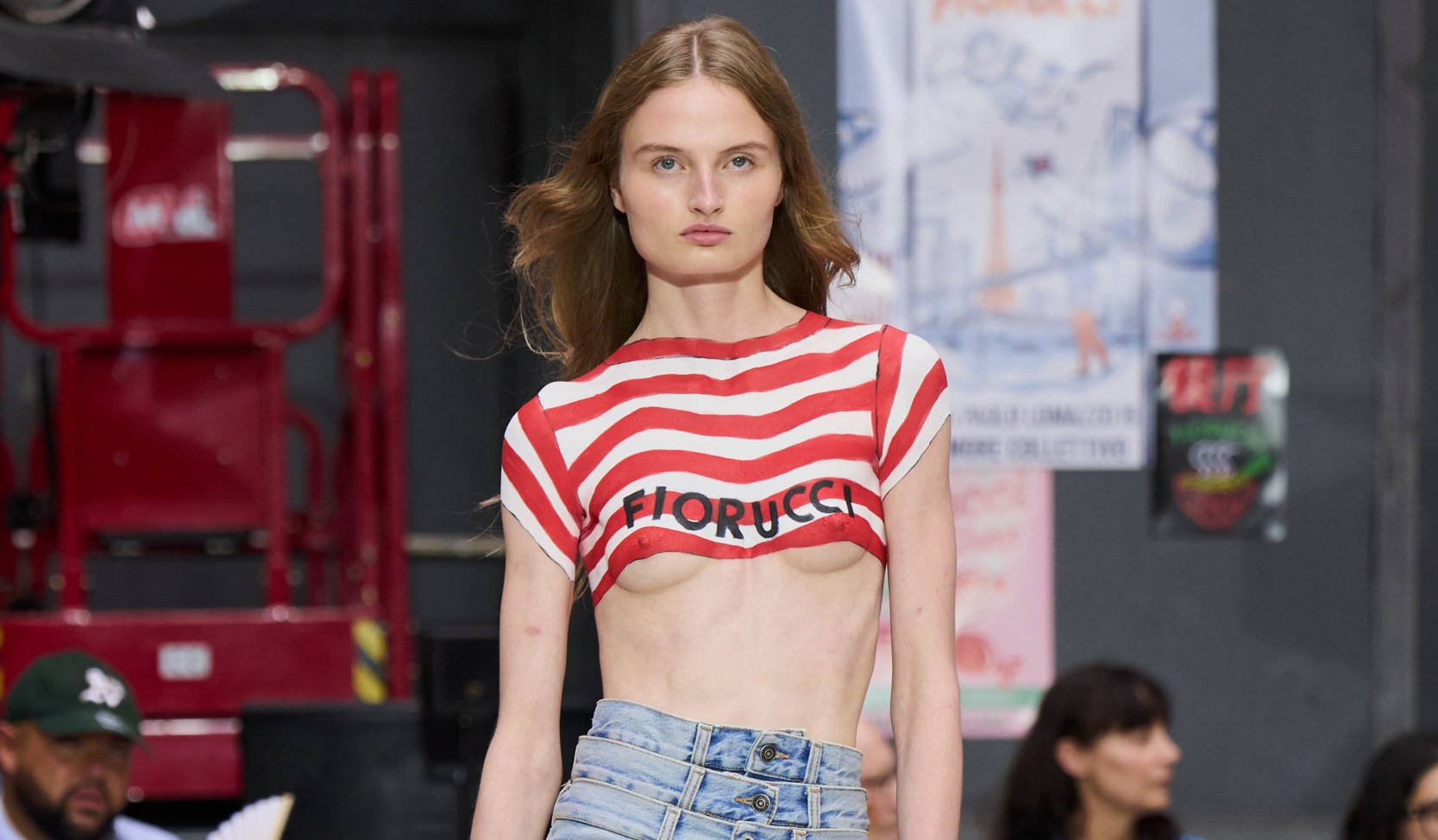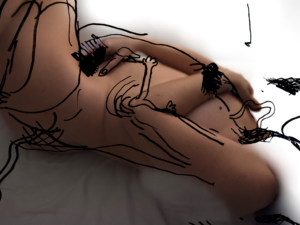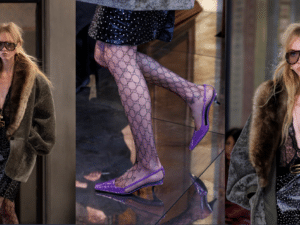When thinking of intentional spaces for women and queer people, hip hop events may be the last ones coming to mind. Except for when they are being hosted by Gizem Adiyaman and Lucia Luciano
Three years ago, the DJ Duo started their party series “hoe_mies” welcoming all LGBTQ +, women, people of every color (and yes, even straight men). The two are not only known for their advocacy against racism and discrimination, but also for their perfect beats to shake your ass to. Last year, the two power women launched their podcast ‘Realitäter *innen’, broadcasting talks and conversation about discrimination, inequality, body acceptance, social issues, and music. Now you can see them in Tommy Jeans’ latest “Music Takes us Further” SS21 campaign featuring musicians, poets and activists. This campaign aims to inspire a social shift towards a future where nothing is being wasted and everyone is welcome.
Fräulein talked to Gizem and Lucia about their visions for a better community, music and their connection with Tommy.
How did you meet and how did you evolve into a DJ Duo?
We met in middle school and very soon became best friends. We shared a common love for music that played a huge role in both our lives. Fun fact: It was only after our first year in middle school that we organized our first school party which was the first one the school has ever hosted until this point. We loved music so much that we would meet up during recess to sing Mariah Carey and Whitney Houston songs in a corner of the schoolyard. The first time we performed as a Duo was at a school talent contest. We sang Marvin Gaye’s “I heard it through the grapevine”, we didn’t win though (laugh).
Our journey as professional DJs started many years later, in 2017. At the time we didn’t think of Djing as a legitimate career option, since there were hardly any role models. So we kind of just started teaching ourselves how to spin, to make sure there would be good music at our parties. After a while it became so much fun and people loved our vibes. They started booking us as a duo. Meanwhile we’ve become quite ambitious: after we played several music festivals such as Splash !, Melt or MS Dockville and went on tour in Germany, Austria and Switzerland in 2019, opening for the Austrian band “Bilderbuch”, we realized that we wanted to see what else was out there. We’re hoping to be on the road again – once the situation allows us to – and go on tour through North America.That was actually the plan for last year.
You are seen in Tommy Jeans’ latest “Music Takes Us Further” campaign. How did you end up participating and how do you identify with the brand? What role does fashion play in your life?
The story behind the campaign totally aligned with us, as music has always played a big part in our lives. And when it comes to fashion: we love expressing ourselves and it’s safe to say that we both are major fashion victims. Plus we are kids from the 2000s. We grew up on these iconic Tommy Hilfiger streetwear-meets-denim looks. Our idols TLC, Aaliyah, Missy Elliot, Destiny’s Child etc. were all rocking Tommy. So it’s a total honor to be part of the latest Tommy Jeans Campaign.



